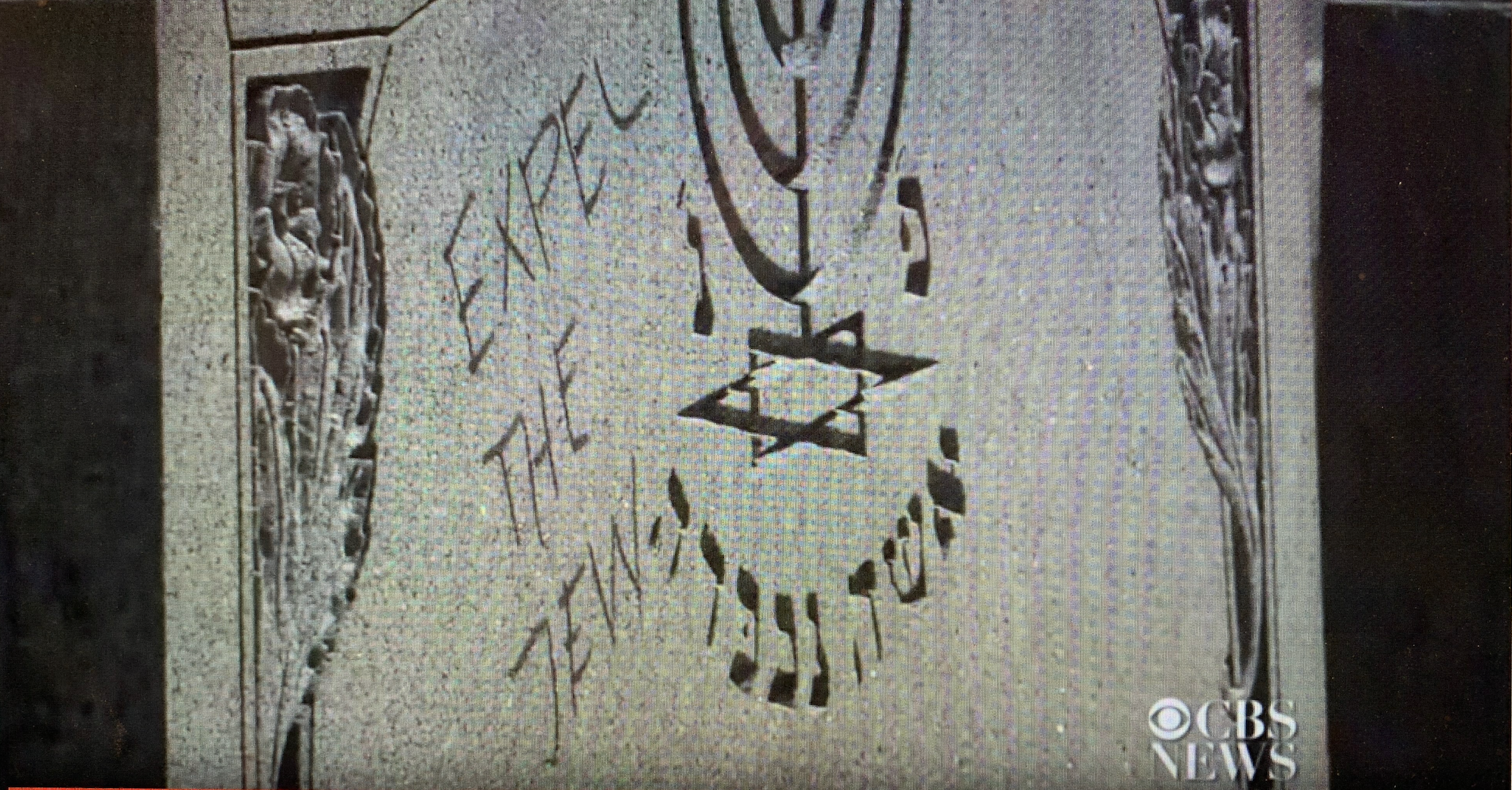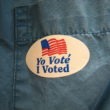Last week, 59 gravesites at the Hebrew Cemetery in Fall River, Massachusetts were desecrated with anti-Semitic symbols and inscriptions that included swastikas, “Heil Hitler” and “this is MAGA country.” This harrowing incident was only the most recent example of numerous acts of hatred committed in this country over the past two years.
In the wake of Charlottesville, Pittsburg, and now Fall River, we must continue to ask: Is President Donald J. Trump at least partially responsible for the documented rise in anti-Semitic and racist behavior?
The focus of much of my research has been on the persuasive influence of political discourse – the ability of language, whether by design or effect, to inflame emotions and either directly or indirectly trigger and incite behavior that often is non-normative.
There are those who claim President Trump’s racist discourse and constant appeal to fear and division are unrelated to the kind of behavior we saw in Fall River. This argument fails to acknowledge the capacity of rhetoric to empower and embolden despicable people to come out of the shadows—to make it safe for them to act on their prejudice and anger.
To be clear, there have always been anti-Semites and racists in the United States—long before Trump became President–and there always will be. It’s not my intent to imply that President Trump created these attitudes or that he caused atrocities like the one in Massachusetts.
We should acknowledge, however, that the number of disquieting occurrences such as this one has risen dramatically during Trump’s time as a candidate and his tenure in the White House.
I am not positing that the President is an anti-Semite or racist. That misses the point. Even if he is, continually saying so is not only counterproductive but obscures the more legitimate worry, namely, that Trump’s rhetoric has the power to encourage anti-Semitic and racist people and groups—those who normally are afraid to act on their hatred—to commit bad deeds.
We have a moral obligation to expose the link between Trump’s rhetoric and the rise of hate crimes and acts of violence. Republicans in particular, most of whom are good and decent people, must do what they haven’t done until now: speak out forcefully against Trump’s bigoted discourse. They must stop normalizing, protecting and enabling this President just because they fear political repercussions. Cowardice is no excuse for allowing unethical behavior; not reprimanding Trump is tantamount to giving him permission, if not actually agreeing with him.
And regardless of whether we believe the President is the cause of the problem, let’s agree that he could be part of the solution. How? By vigorously denouncing white supremacists, making clear he refuses to receive support from them, and declaring that white nationalism inside our borders is the real national emergency.
Alas, he probably won’t. Trump and his Republican enablers surely know that taking these steps would erode his base—and lessen his chances of being re-elected in 2020. The President will continue at a minimum to exploit racism and anti-Semitism for political purposes, and I worry that the Republicans in Congress lack the courage to stop him and to act on what they know is morally right.
Richard Cherwitz is the Ernest S. Sharpe Centennial Professor in the Moody College of Communication and founder of the Intellectual Entrepreneurship Consortium at the University of Texas at Austin.






0 Comments